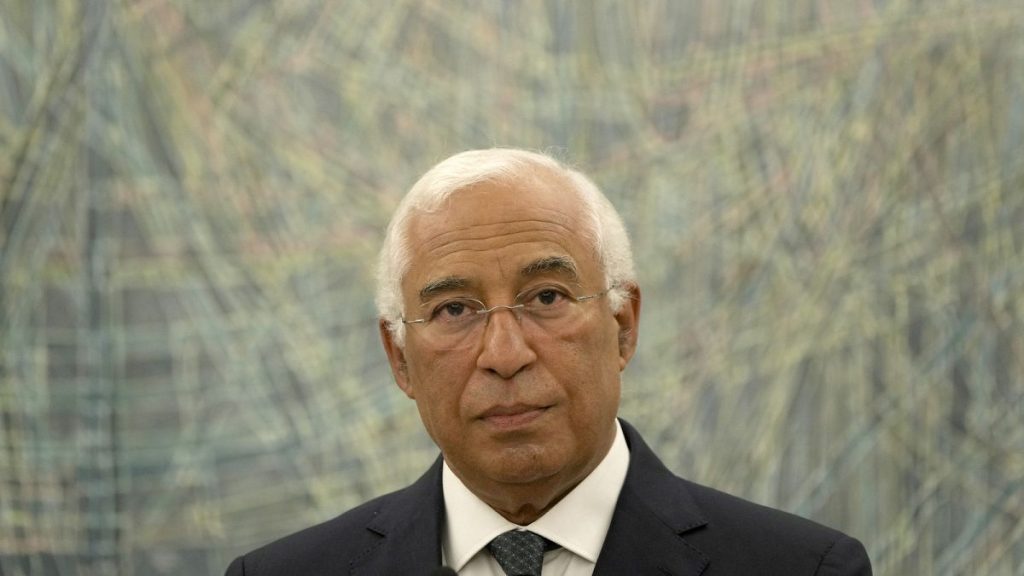Portugal’s former prime minister António Costa is on track to become the next President of the European Council, which would mark a significant comeback for him after being embroiled in a corruption investigation that forced him to resign last year. Despite being a witness in an ongoing probe into corruption, Costa is being considered for this top position in Brussels. Last November, Costa was forced to resign after revelations that his aides had facilitated irregular investment deals, leading to him being investigated. However, Costa maintains his innocence and believes stepping down from government was the right move to protect his political integrity.
After Costa’s resignation, a snap election was held in March, resulting in a narrow win for the centre-right opposition and the rise of the far right in Portuguese politics. A new minority government led by Prime Minister Luis Montenegro took office, and Costa is now being supported by his former rival in his bid for the European Council presidency. Montenegro has publicly endorsed Costa and praised his track record in supporting European integration and other important issues. Costa’s ability to negotiate and bring leaders together has also been highlighted as a key strength that would make him a suitable candidate for this prestigious role.
While Costa may face concerns from some right-wing leaders in the European Council due to his more liberal stance on migration and other policies, his personal relationships with certain key figures could help garner support for his candidacy. Costa’s previous interactions with Hungarian Prime Minister Viktor Orbán, in particular, could play a significant role in securing backing from hard-right leaders who may have reservations about his views. Orbán, who has a history of wielding veto power, could be a crucial ally for Costa to gain unanimous support for key EU decisions.
Some opposition to Costa’s candidacy has been voiced, particularly from leaders who question his views on issues such as migration and the conflict in Ukraine. Despite this, Costa’s nomination is expected to move forward without significant opposition, with sources suggesting that his name will soon be fully cleared of any wrongdoing in ongoing investigations. Costa’s experience and wisdom have been highlighted by supporters, noting that he is a strong candidate for the European Council presidency and has the potential to garner broad backing for his appointment.
One potential hurdle for Costa’s candidacy is the move by the European People’s Party to drive a hard bargain in negotiations for the Council presidency. The EPP’s attempt to split the upcoming terms between a socialist candidate and their own could complicate Costa’s path to the presidency. However, the socialists could use their bargaining power to push the EPP to compromise on this issue, potentially clearing the way for Costa’s appointment to the position. With support from both the socialist and liberal lawmakers, Costa’s candidacy could gain momentum and secure the top job in Brussels.
If elected as the President of the European Council, Costa’s role will be crucial in building consensus among EU leaders and navigating key decisions. His ability to work with leaders across the political spectrum, including those with differing views on policies and issues, will be essential in steering the EU forward. Building bridges with leaders like Orbán and securing broad support for important decisions will be among Costa’s top priorities as he aims to restore his political credibility and establish his leadership on the European stage.


